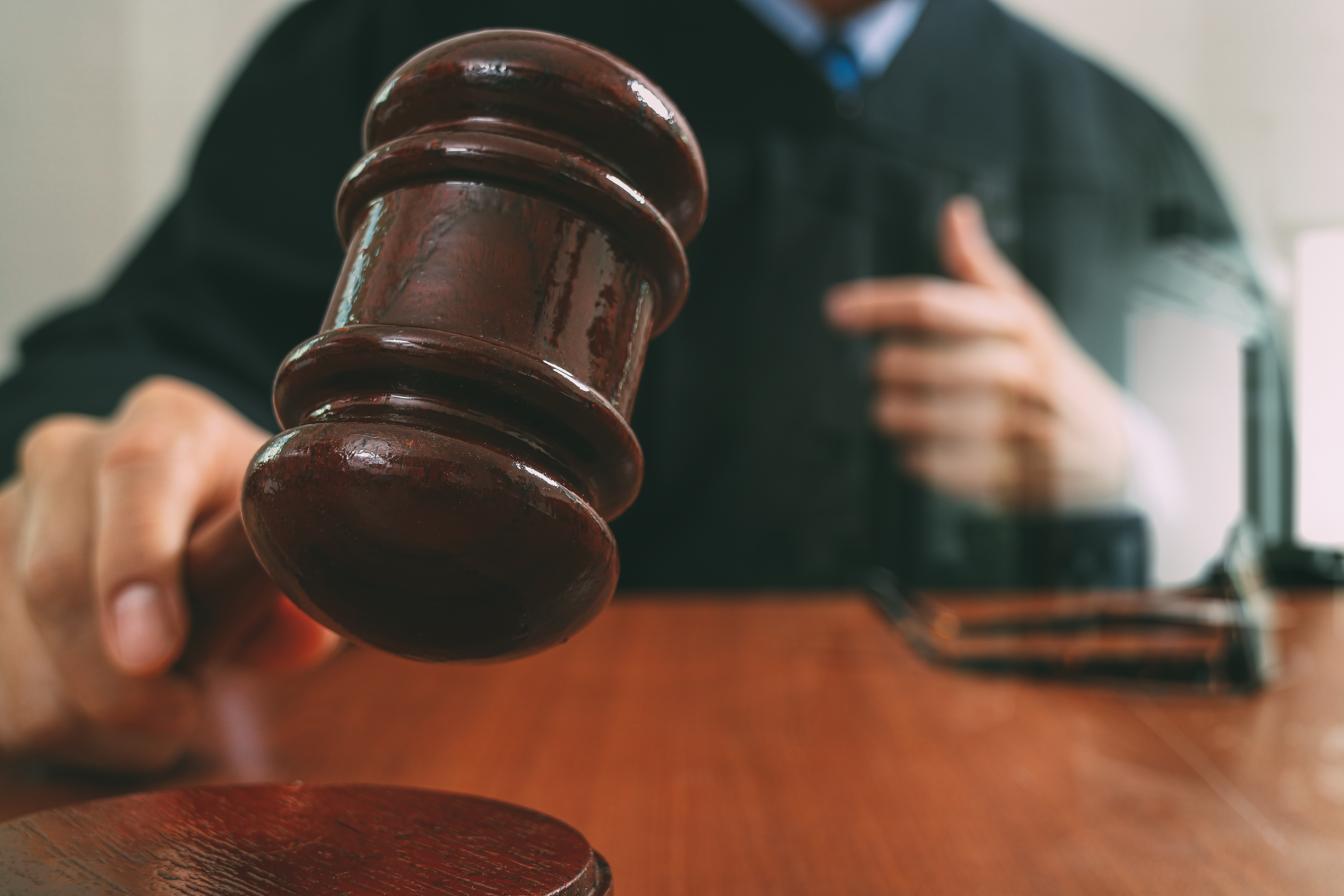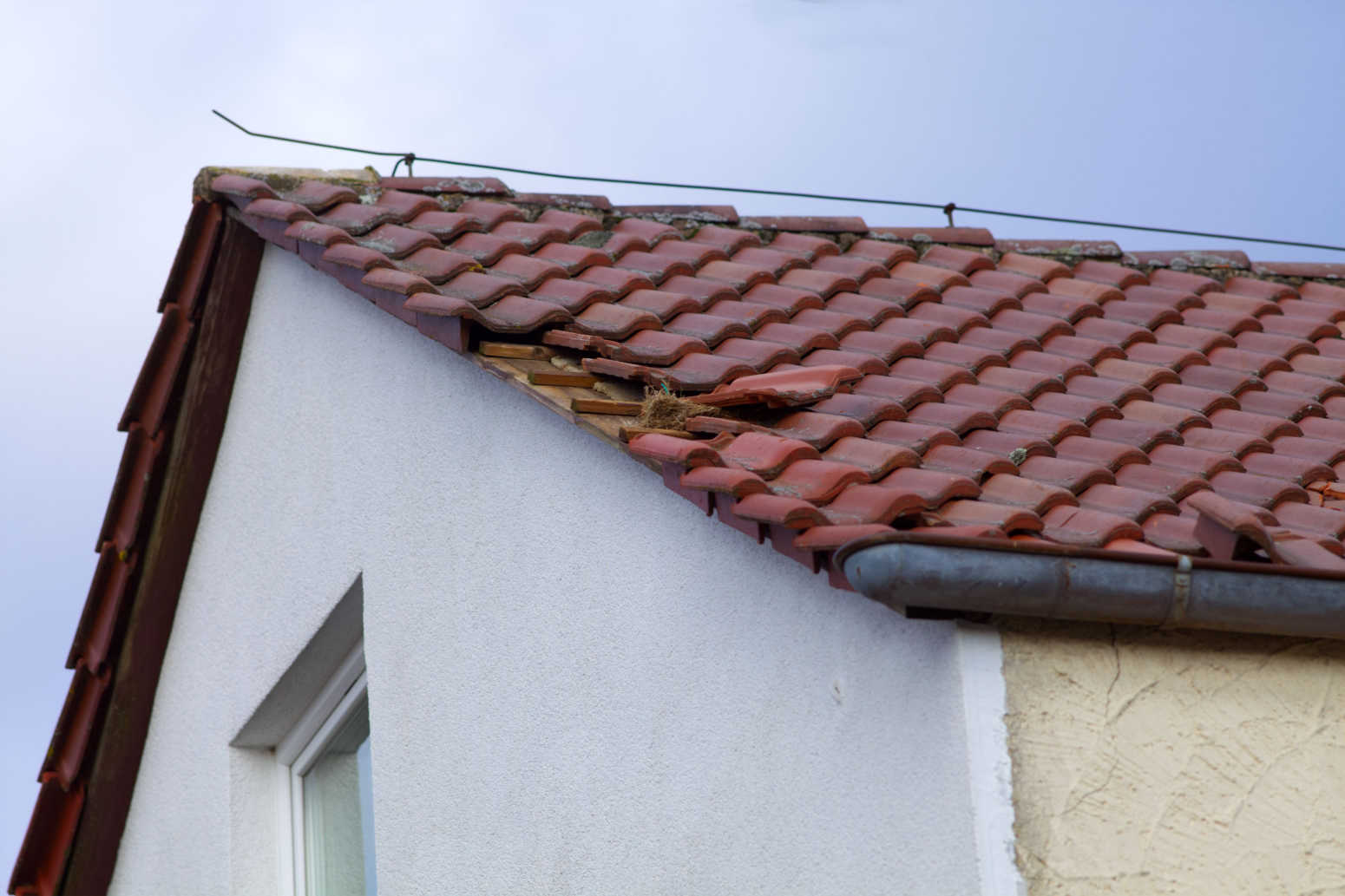A federal court recently held that an insurer may deny coverage under a homeowner’s policy for a “residence premises” when the insured never actually lived at the premises. In Sina Davani v. Travelers Personal Insurance Company and Geico Insurance Agency, LLC, Case No. 22-1244 (D. Kan. October 26, 2023), the District of Kansas granted defendant-insurer’s motion for summary judgment holding that the plaintiff-insured never resided at the insured premises and residence in the context of an insurance contract requires an insured’s physical presence at a certain location and an intent to remain at the location for an indefinite period of time.
Read more ›There’s No Place Like Home! Kansas Federal Court Holds Homeowner’s Policy Coverage Requires Policyholder to Physically Reside at Residence
Posted in Uncategorized
Southern District of Texas Holds that Appraisal Award is Inconclusive of Whether a Loss is Covered

The Southern District of Texas recently held that an appraisal award did not establish liability for a covered loss under the policy. In Hoff v. Meridian Sec. Ins. Co., 2023 WL 5192013 (S.D. Tex. Aug. 11, 2023), Meridian Security Insurance (“Meridian”) insured Flemming Hoff (“Hoff”). After filing suit, Hoff requested an appraisal pursuant to the following policy language:
If you [Hoff] and we [Meridian] disagree on the amount of loss, either may demand an appraisal of the loss. In this event, each party will choose a competent and impartial appraiser within 20 days after receiving a written request from the other. The two appraisers will choose an umpire. If they cannot agree upon an umpire within 15 days, you or we may request that the choice be made by a judge of a court of record in the state where the “residence premises” is located. The appraisers will separately set the amount of loss. If the appraisers submit a written report of an agreement to us, the amount agreed upon will be the amount of loss. If they fail to agree, they will submit their differences to the umpire. A decision agreed to by any two will set the amount of loss.
Read more ›Posted in Uncategorized
Florida Enacts Broad Insurance Reforms Focusing on Bad Faith

From 2019 to 2022, the Florida Legislature enacted four separate property insurance reforms that sought to rein in abusive property insurance litigation fueled by one-way attorney’s fee shifting and an army of professional plaintiffs filing lawsuits pursuant to assignments of benefits. In its latest reform, the Legislature has shifted its focus to the broader insurance market and to tort reform. For many years now, Florida has significantly led the nation in tort costs per household. This metric has been driven by a high octane litigation environment, ever growing personal injury verdicts, and a gradually sharpened focus on setting up insurers for bad faith claims.
Read more ›Louisiana Supreme Court Reverses a Rare State Court of Appeals Win for COVID-19 Business Interruption Claimant

COVID-19 business interruption claimants have had few state appellate court decisions upon which to rely. Louisiana produced one such decision in Cajun Conti, LLC v. Certain Underwriters at Lloyd’s, 2022 La. App. LEXIS 939 (La. App. 4 Cir., June 15, 2022). The insurer prevailed in the trial court in a dispute over whether coronavirus constituted “direct physical loss of or damage to” insured property. The insured restaurant appealed. Louisiana’s Fourth Circuit Court of Appeal reversed the trial court. The Court of Appeal’s opinion became widely-cited by other COVID-19 business interruption claimants. The insurer appealed to the Louisiana Supreme Court and Cajun Conti became a widely-followed dispute. As discussed below, the Court of Appeal’s analysis was out of step with the analysis undertaken by courts across the country.
Read more ›Florida Appellate Court Holds that Deadline to Report Claims Does Not Nullify Prompt Notice Provision

Florida’s Third District Court of Appeal recently affirmed a summary judgment entered in favor of a property insurer, holding that there is no conflict between the policy’s three year limitation for reporting hurricane claims and the requirement that the insured give prompt notice. In Navarro v. Citizens Property Insurance Corporation, No. 3D22-0032, 2023 WL 219032, — So.3d —- (Fla. 3d DCA Jan. 18, 2023), the insured sought coverage for Hurricane Irma damage nearly three years after the storm. The court found that the policy unambiguously required prompt notice, and that the insured failed to rebut the presumption of prejudice against the insurer.
Read more ›Florida Begins New Era with Major Property Insurance Reforms

For the fourth time since 2019, the Florida Legislature has enacted property insurance reforms aimed towards stabilizing a beleaguered insurance market. The bill, S.B. 2-A, creates a reinsurance assistance program, establishes additional oversight for insurers with high volumes of hurricane claims, and reforms many aspects of the claims process, including the timing for paying and adjusting claims. The reforms further eliminate one-way attorney fee awards to policyholders and ban assignment-of-benefits agreements. In this article, we will focus on the changes to the claim adjustment process and coverage and bad faith litigation.
Read more ›Posted in Uncategorized
Texas Court of Appeals Nixes Plaintiff’s Attorney’s Fees Award Because Offsets Preclude Prevailing Party Status
The First Court of Appeals in Houston affirmed an analysis that involved math and application of the Texas Insurance Code. In Jones v. Allstate Vehicle & Property Insurance Company, 2022 Tex. App. LEXIS 8896 (Tex. App.—Houston [1st Dist.] Dec. 6, 2022, no pet.), the policyholder appealed a take-nothing judgment in favor of the insurer in a dispute over a partial denial of a homeowners claim. The policyholder sued her insurer for breach of contract, violation of the Texas Insurance Code, and breach of the duty of good faith and fair dealing. At trial, the jury found that the insurer failed to comply with the policy, engaged in unfair and deceptive trade practices, and failed to comply with the duty of good faith and fair dealing. The jury found that $6,935 would fairly and reasonably compensate the policyholder for the insurer’s conduct. The jury also found that the policyholder incurred $27,000 in reasonable and necessary attorney’s fees.
Read more ›Fifth Circuit Resolves Split Over Chapter 542A Election of Liability for Agents

In Advanced Indicator & Manufacturing v. Acadia Insurance Company,[1] the Fifth Circuit resolved a thorny split in Texas federal district courts regarding Texas Insurance Code Chapter 542A by returning to a bedrock principle governing removal. Now as long as the insurer has elected to accept the adjuster’s liability any time before removal – even when after suit is filed – there is no possibility of recovery against the adjuster and removal will be proper.
Read more ›Oklahoma Supreme Court Rejects “Loss of Use” Argument, Nixes COVID-19 Business Interruption Suit

There is a clear nationwide trend of federal courts disposing of COVID-19 business interruption suits.[1] Insureds are not clearing their initial burden to establish direct physical loss or damage to property, or they are running afoul of virus and contamination exclusions. Relatively few state supreme courts, however, have weighed in to resolve the issue, thereby providing guidance to their own lower courts and federal courts that must follow state law.[2] Insurers and insureds alike have been watching to see which way the Oklahoma Supreme Court would hold. In Cherokee Nation v. Lexington Ins. Co., 2022 OK 71, the Court joined the national mainstream and ruled against the insured.
Read more ›Posted in Uncategorized
Texas Court of Appeals Adds Confusion to Post-Appraisal Litigation Under the TPPCA

Ever since the Texas Supreme Court changed the landscape of Texas law regarding appraisal in Barbara Technologies Corp. v. State Farm Lloyds, 589 S.W.3d 806 (Tex. 2019) and Ortiz v. State Farm Lloyds, 589 S.W.3d 127 (Tex. 2019), practitioners and courts have been struggling to apply the Texas Supreme Court’s holdings. Barbara Technologies and Ortiz answered some questions but raised others.
Read more ›Posted in Uncategorized

